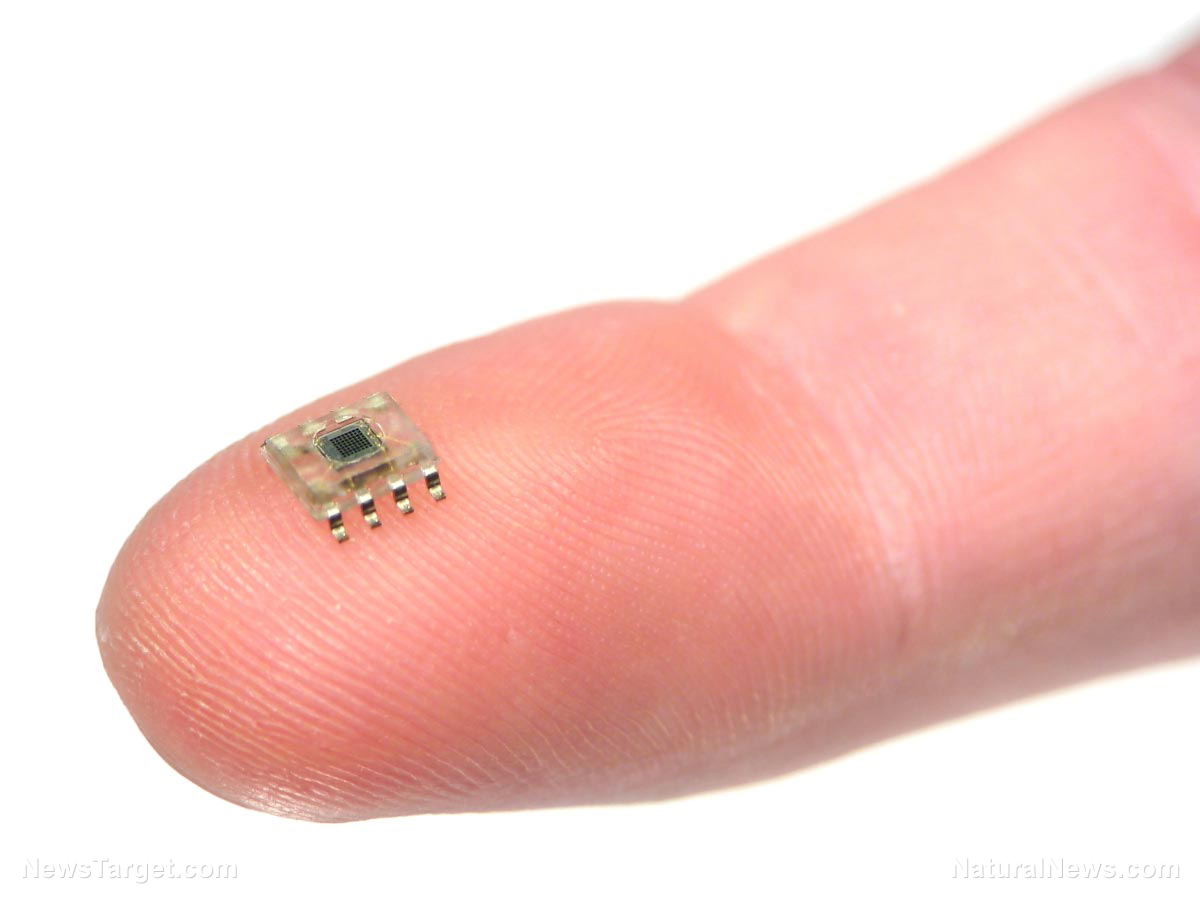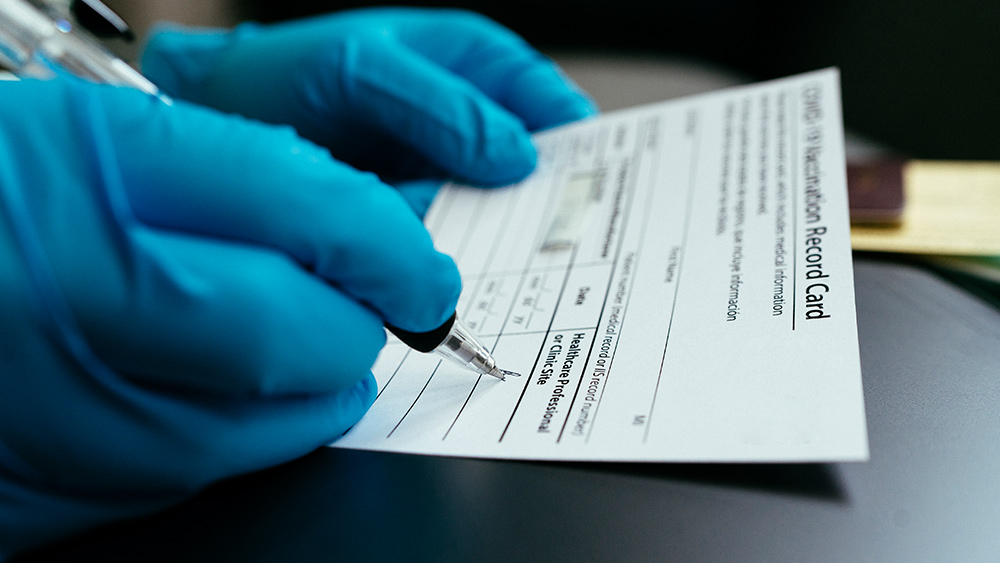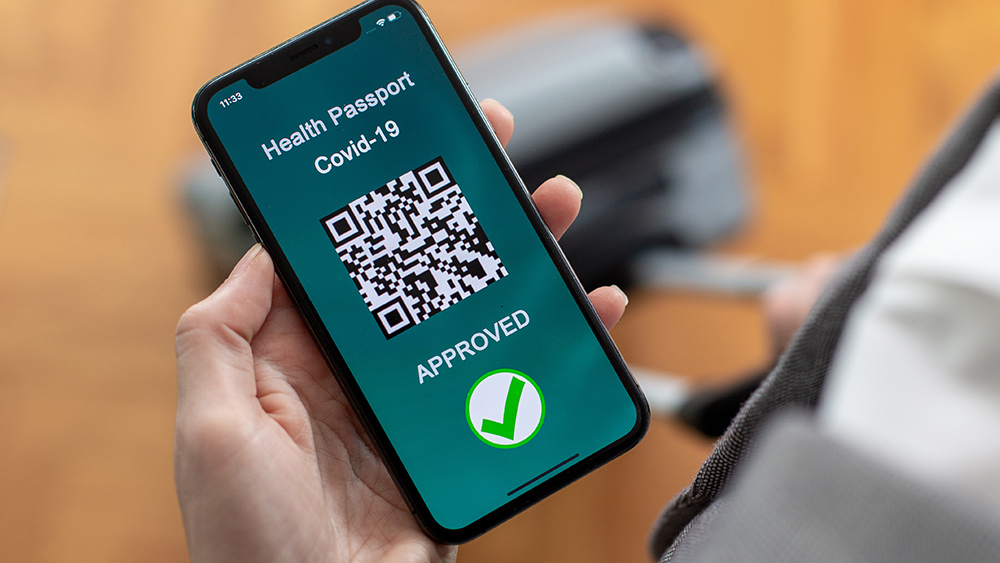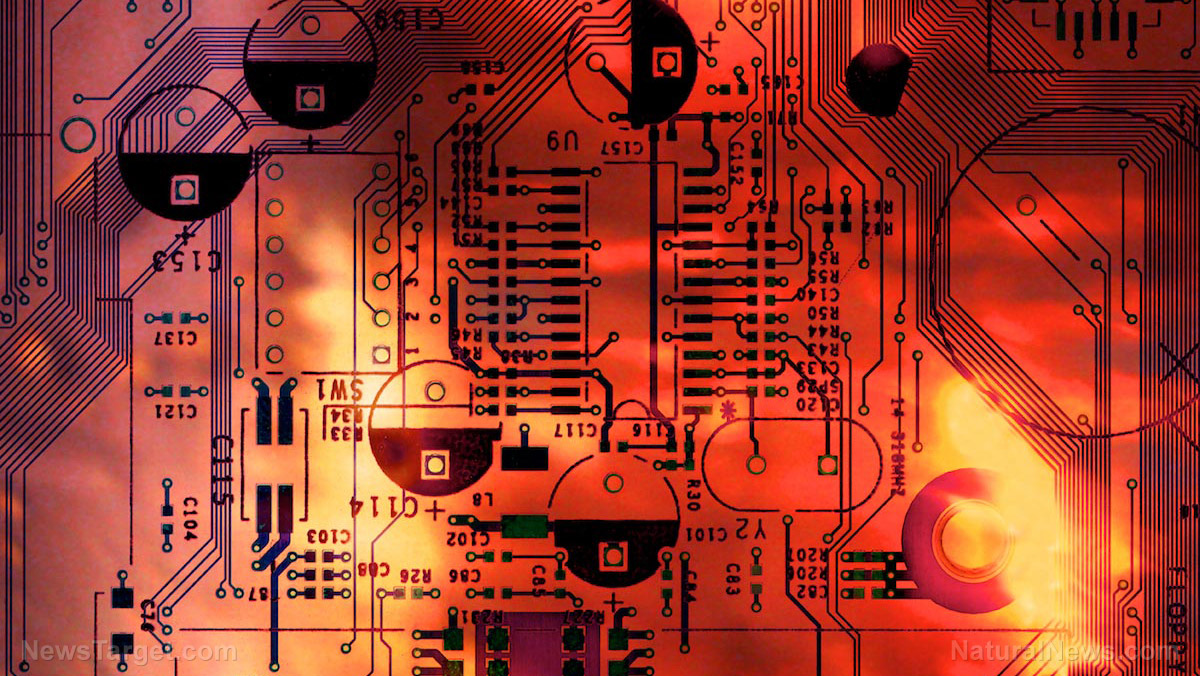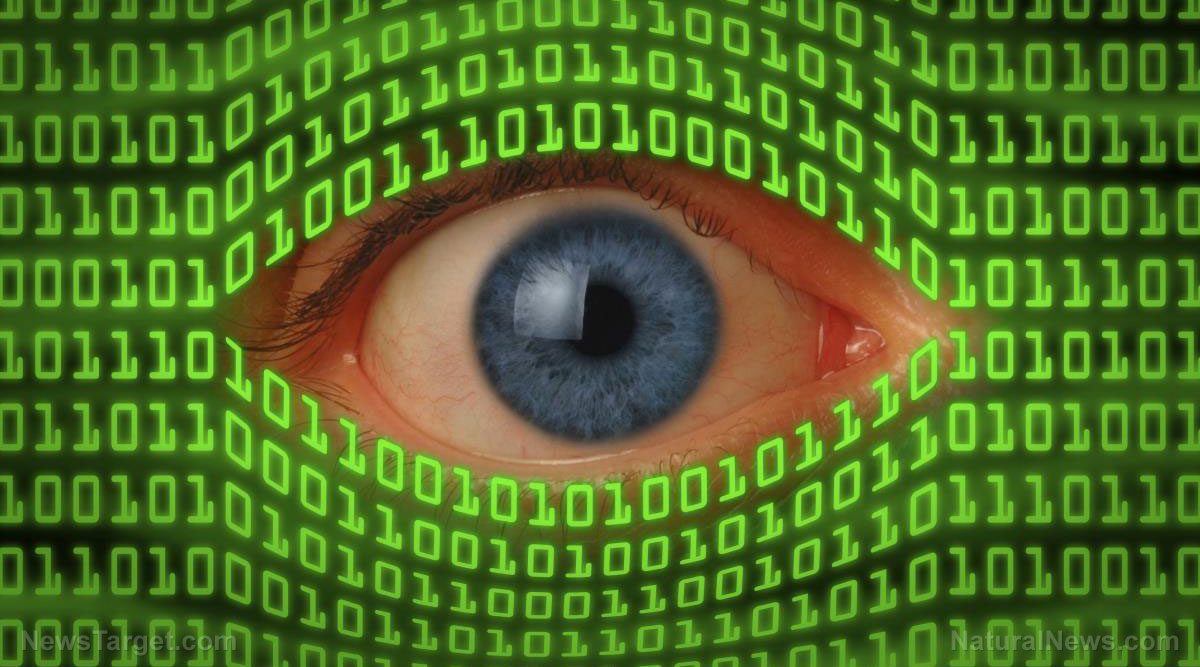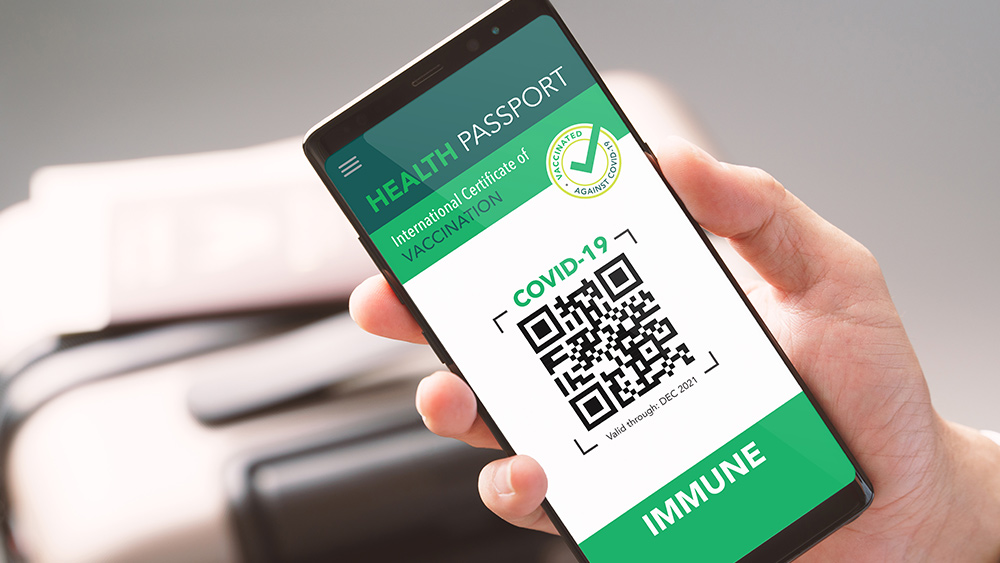Drivers, privacy advocates not sold on putting AI-powered cameras in Amazon delivery vans
02/19/2021 / By Nolan Barton

Drivers and privacy advocates were not sold on the recent announcement by Amazon.com that it would roll out cameras powered by artificial intelligence (AI) in its branded delivery vans for safety reasons. The company said the cameras developed by transportation technology company Netradyne would enhance the safety of both the drivers and the communities in which they deliver.
But some drivers working for the world’s largest e-commerce firm didn’t see it that way. Henry Search, a 22-year-old delivery driver in Washington state, said they saw cameras capturing their workday as an “invasion of privacy.”
“We are out here working all day, trying our best already,” Search told the Thomson Reuters Foundation in a phone interview. “The cameras are just another way to control us.”
Another driver in Massachusetts, who asked not to use his name to protect his identity, noted that drivers already use an app called Mentor that tracks the location and movements of the vehicle. He said that he would welcome a camera outside his van to record evidence for any accident, but not a camera in front of him all the time.
“I don’t see how that keeps me safe. It’s too much,” he said.
One driver from Michigan, who also asked not to use his name, said he’s now looking for other work because he does not want to be subjected to surveillance.
“The footage recorded could be shared with a future possible employer who can then decide to reject you before even knowing you,” he said.
Amazon says technology promotes safety on the road
A company spokeswoman said in an email that “this technology will provide drivers real-time alerts to help them stay safe when they are on the road.”
Karolina Haraldsdottir, Amazon’s senior manager for last-mile safety, said in an instructional video that the cameras will record 100 percent of the time but are not set up to live-stream from inside vans. She explained that the cameras would detect unsafe driving, including when drivers appear distracted or drowsy. The footage could be used by the company’s safety team, or in investigations of theft or accidents, but Haraldsdottir stressed “only a limited set of authorized people” would have access to driver footage from the cameras under normal circumstances.
Privacy advocates were not convinced. They warned that equipping Amazon’s fleet of about 30,000 delivery vehicles with AI cameras could set a dangerous precedent for privacy.
“This appears to be the largest expansion of corporate surveillance in human history,” said Evan Greer, deputy director of tech nonprofit Fight for the Future. “If this becomes the norm, we are talking about the extinction of human privacy.”
Amazon has come under scrutiny in the past for accidents involving delivery drivers, but Greer didn’t think the AI-powered cameras would solve the problem.
“The first thing they (Amazon) should do to improve safety would [not have] such outrageous delivery quotas that force people into unsafe conditions,” Greer said.
Rights activists pointed out that Amazon already had an extensive surveillance system in its warehouses to track workers’ movements and boost productivity, including navigation software, item scanners, wristbands, thermal cameras and recorded footage.
“There are no laws in place to meaningfully limit what Amazon can do with the footage they collect,” said Greer.
Law professor thinks private surveillance networks boost snooping powers of government
Andrew Ferguson, a professor of law at D.C.’s American University, said Amazon’s private surveillance networks would boost the snooping powers of the government.
“While the inclination to use AI technology to enhance driver safety is commendable, the failure to think about the privacy and surveillance issues and equities is troubling,” he said.
Ferguson explained that while police may not have direct access to the footage, authorities will be able to access it in an investigation.
“Amazon is quite literally building mobile surveillance vans to film our neighborhoods, something that we would be rightly horrified about if our government did it,” Ferguson said. “I don’t think we want to join dystopia prime.”
Amazon had been assisting authorities with its technology in the past. But in June last year, Amazon announced a one-year moratorium on police use of its facial recognition software Rekognition. (Related: Bezos the SPY master: Amazon now powering facial recognition surveillance technology for police.)
The move came after civil rights advocates raised concerns about potential racial bias in surveillance technology. Amazon said the suspension of law enforcement’s use of its facial recognition software was meant to allow U.S. lawmakers to enact legislation to regulate how the technology is employed.
Rekognition can use AI to compare pictures very quickly. For example, an officer can match a picture on his or her phone to the mug shots on police databases that can hold hundreds of thousands of photos. But facial recognition technology had been criticized over potential bias. Studies showed most algorithms were more likely to misidentify the faces of black people and other minorities than those of white people.
The death in police custody of George Floyd, an African American man, reignited those concerns that led to Amazon’s decision to suspend law enforcement’s use of its facial recognition software.
Follow Surveillance.news for more news and information related to surveillance, spying and invasion of privacy.
Sources include:
Tagged Under: Amazon, Amazon.com Inc., artificial intelligence, civil rights advocates, facial recognition software, Fight for the Future, George Floyd, privacy advocates, Rekognition, surveillance technology
RECENT NEWS & ARTICLES
COPYRIGHT © 2017 SURVEILLANCE NEWS



